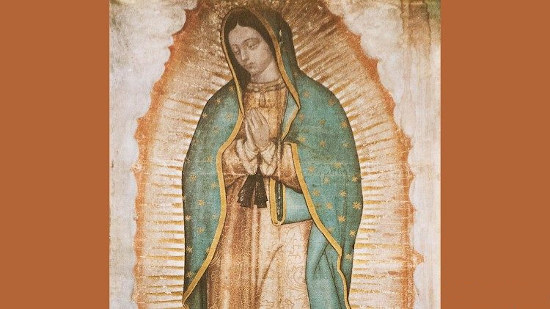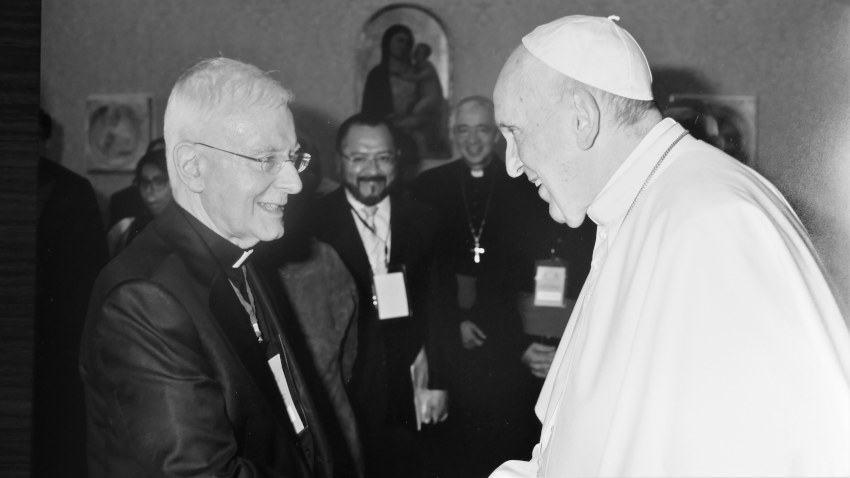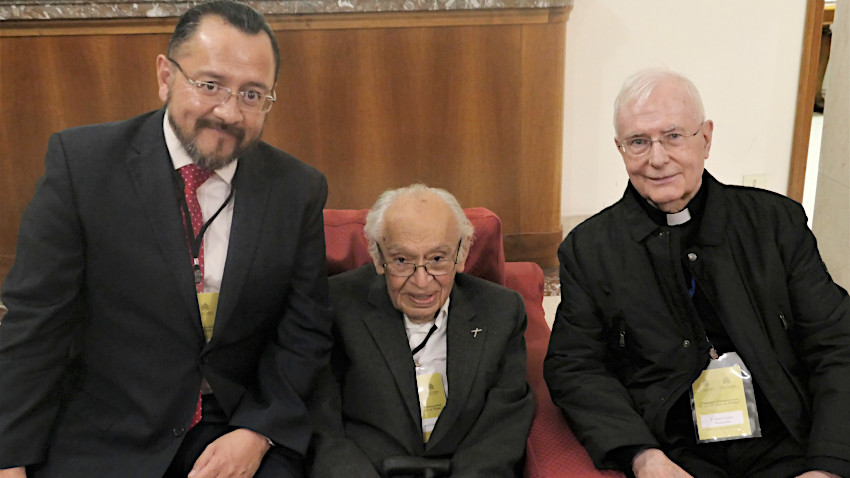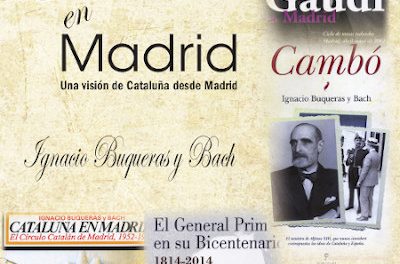Josep Ignasi Saranyana, professor emeritus of the University of Navarra, corresponding academician of the Royal Academy of History and full academician of the Royal European Academy of Doctors-Barcelona 1914 (RAED), participated in the International Congress “40 years after the 3rd General Conference of the Latin American Episcopate of Puebla”, which was held in the Vatican City between the past 2 and 4 October. An appointment organized by the Pontifical Commission for Latin America and by the Pontifical Committee for Historical Sciences to commemorate the historic meeting that Paul VI convened and inaugurated John Paul II in 1979.
 Twenty speakers from the Vatican, Italy, England, Spain, Mexico, Peru, Chile, Argentina, Uruguay and Brazil participated in the congress. Among them, the academician of the RAED, who spoke with the paper “Del Documento de Trabajo a las Conclusiones de Puebla” (From the Working Document to the Conclusions of Puebla), where he deepens the preparation phase of the documents discussed at that General Conference. The meeting also addressed issues such as the current Human Rights, the social, economic and political problems suffered by the continent and its demographic challenges.
Twenty speakers from the Vatican, Italy, England, Spain, Mexico, Peru, Chile, Argentina, Uruguay and Brazil participated in the congress. Among them, the academician of the RAED, who spoke with the paper “Del Documento de Trabajo a las Conclusiones de Puebla” (From the Working Document to the Conclusions of Puebla), where he deepens the preparation phase of the documents discussed at that General Conference. The meeting also addressed issues such as the current Human Rights, the social, economic and political problems suffered by the continent and its demographic challenges.
The Pope Francis wanted to receive the speakers in a special audience, spoke with each of them and delivered an important address, highlighting the importance of the Congress and the commemoration. The Puebla Conference took place at the height of liberation theology, initiated in 1971 by Gustavo Gutiérrez, Ignacio Ellacuría and Leonardo Boff and under the influence of the 1968 Revolution, with its characteristic neo-Christianity and its human-face Marxism.
In Puebla, 356 delegates participated compared to the 249 initially planned, of which 221 were bishops. The environment was very conflictive, but the results of the General Conference of the Latin American Episcopate were highly positive. In the event more journalists were accredited than in the Second Vatican Council, which demonstrates the media expectations that aroused.
- Dr. Rodrigo Guerra (México) – Dr. Gustavo Gutiérrez (Lima) – Dr. Josep Ignasi Saranyana (Barcelona)






